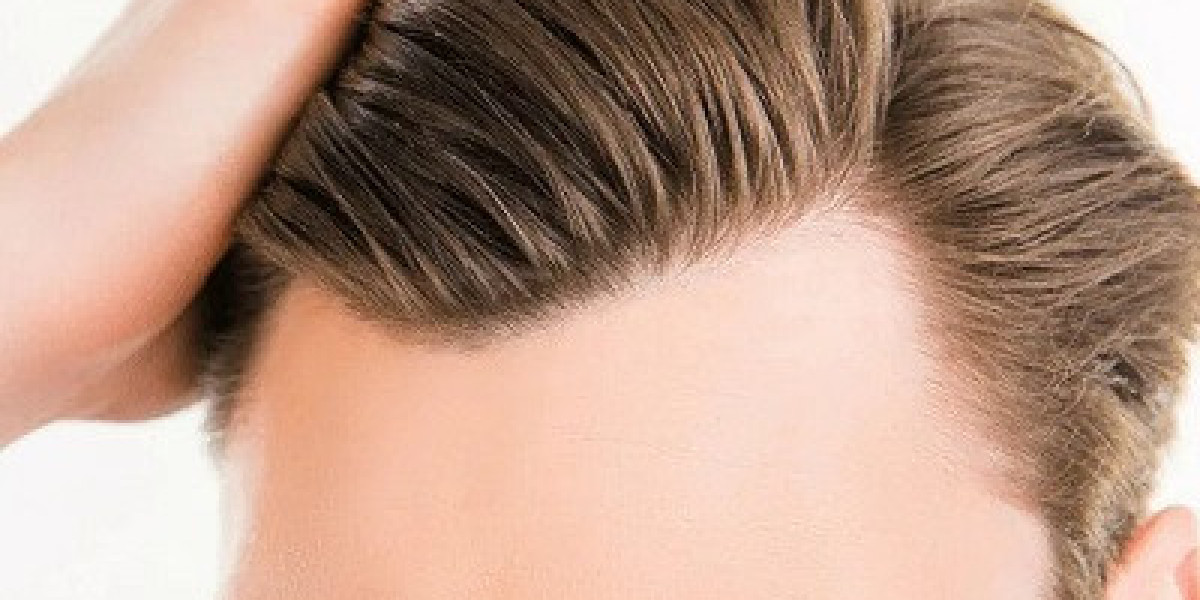Hair transplants in Islamabad have become a popular solution for individuals experiencing hair loss, offering a chance to restore a fuller, natural-looking head of hair. However, while this procedure is effective for many, it’s not suitable for everyone. Several factors can determine whether a person is a good candidate for a hair transplant. Understanding who might not be suitable for this procedure is crucial for setting realistic expectations and exploring alternative treatments.
Factors Affecting Hair Transplant Suitability:
- Insufficient Donor Hair:
One of the primary criteria for a successful hair transplant is the availability of sufficient donor hair. The donor area is typically located at the back or sides of the scalp, where hair is genetically resistant to thinning. If a person has minimal donor hair due to diffuse thinning or if the donor area has been significantly compromised by previous surgeries or medical conditions, they may not be a suitable candidate for a hair transplant.
Alternative Solutions: For individuals with limited donor hair, options such as body hair transplants (using hair from the chest, beard, or other body areas) might be considered, though these come with their own set of challenges and limitations.
- Unstable Hair Loss:
Hair transplants are generally more successful when hair loss has stabilized. Individuals who are still actively losing hair may not be ideal candidates, as the transplanted hair may become uneven or less effective if the surrounding non-transplanted hair continues to thin.
Alternative Solutions: Medications like finasteride (Propecia) or minoxidil (Rogaine) can help stabilize hair loss and may be used in conjunction with or before considering a transplant. These treatments can slow down the progression of hair loss and improve the overall results of a transplant.
- Young Age:
While age alone is not a disqualifying factor, younger individuals who have not yet experienced the full extent of their hair loss may not be ideal candidates. Young patients may still have progressive hair loss, which can lead to the need for multiple transplants in the future or an uneven appearance as their hair loss progresses.
Alternative Solutions: For younger individuals, non-surgical treatments such as medication or laser therapy may be recommended to manage hair loss while waiting for it to stabilize.
- Certain Medical Conditions:
Individuals with certain medical conditions may not be suitable for a hair transplant. Conditions such as autoimmune disorders (e.g., alopecia areata), severe scalp infections, or active skin diseases can affect the success of a transplant and the health of the scalp.
Alternative Solutions: Managing the underlying medical condition first is crucial. For instance, treating scalp infections or stabilizing autoimmune conditions may make a person eligible for a transplant at a later time.
- Poor Scalp Condition:
A healthy scalp is essential for successful hair transplantation. Individuals with poor scalp conditions, such as significant scarring, chronic inflammation, or severe seborrheic dermatitis, may not be suitable candidates because these conditions can impede the healing process and affect the success of the transplant.
Alternative Solutions: Addressing and treating scalp conditions prior to a transplant is important. Scalp treatments, topical medications, or oral antibiotics may be prescribed to improve the condition of the scalp before considering a hair transplant.
- Unrealistic Expectations:
Candidates with unrealistic expectations about the results of a hair transplant may not be suitable. A hair transplant can provide natural-looking, dense results, but it cannot completely reverse all types of hair loss or achieve a full head of hair if there is insufficient donor hair or if the patient’s expectations are not aligned with what is achievable.
Alternative Solutions: A thorough consultation with a qualified hair transplant specialist can help manage expectations and explore other treatments that may better meet the patient's needs.
- Psychological Factors:
Individuals with significant psychological issues related to hair loss, such as severe body dysmorphic disorder, may not be suitable candidates. This condition can cause individuals to have a distorted view of their appearance and may lead to dissatisfaction with the results of a hair transplant, regardless of the outcome.
Alternative Solutions: Addressing psychological factors through counseling or therapy may be beneficial before considering a hair transplant. This can help ensure that the patient has a realistic and healthy perspective on the results of the procedure.
- Financial Constraints:
Hair transplants can be a significant financial investment. For individuals who cannot afford the procedure or the potential additional treatments required for optimal results, a hair transplant may not be the most practical solution.
Alternative Solutions: Exploring less costly non-surgical treatments or seeking financial options, such as payment plans or financing, may be viable alternatives for managing hair loss.
Conclusion:
While hair transplants can offer a transformative solution for many people experiencing hair loss, they are not suitable for everyone. Factors such as insufficient donor hair, unstable hair loss, certain medical conditions, and unrealistic expectations can affect candidacy for the procedure. Additionally, poor scalp condition, psychological factors, and financial constraints can also play a role.
If you’re considering a hair transplant, it’s important to consult with a qualified hair restoration specialist who can assess your individual situation, discuss your goals, and determine the best approach for addressing your hair loss. Understanding these factors and exploring alternative treatments can help you make informed decisions and achieve the best possible results for your hair restoration journey.


